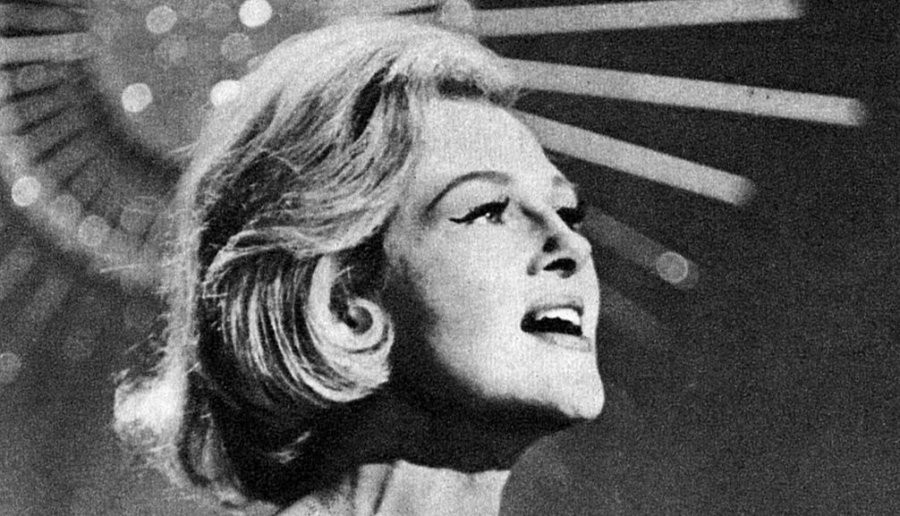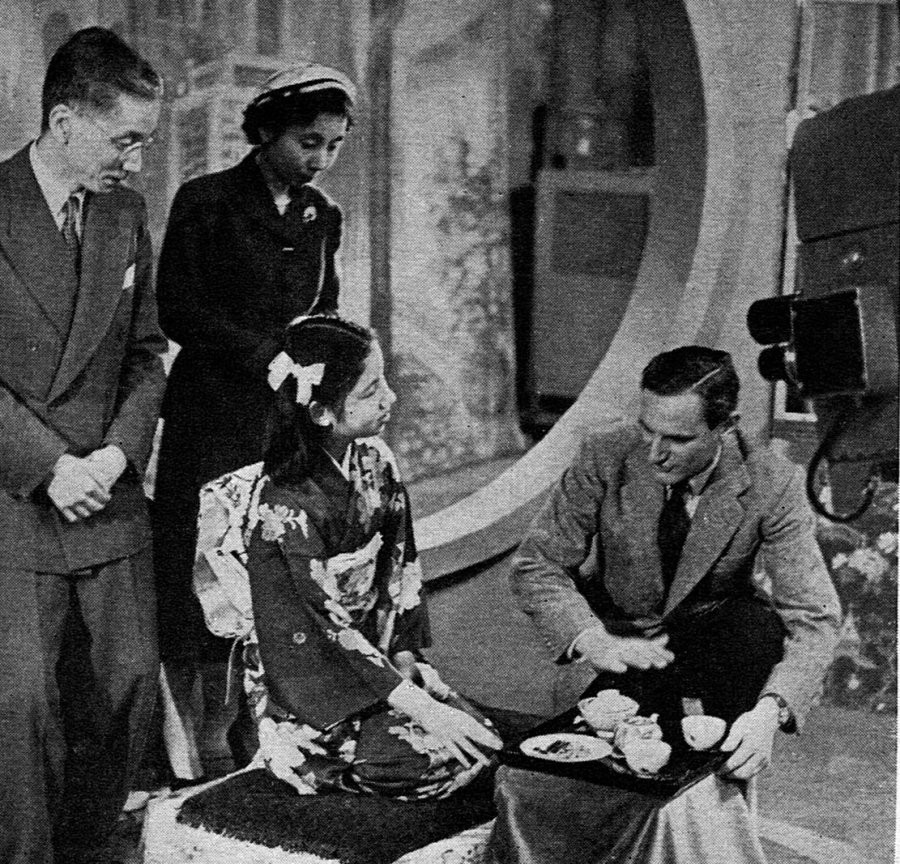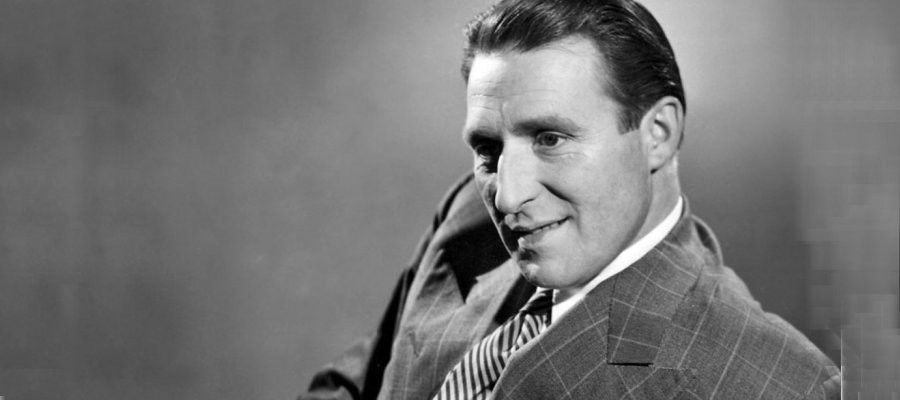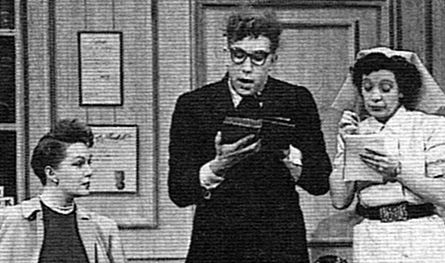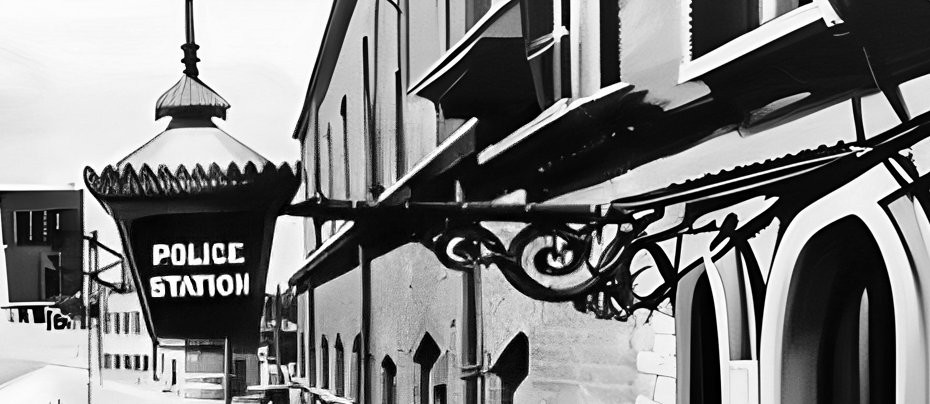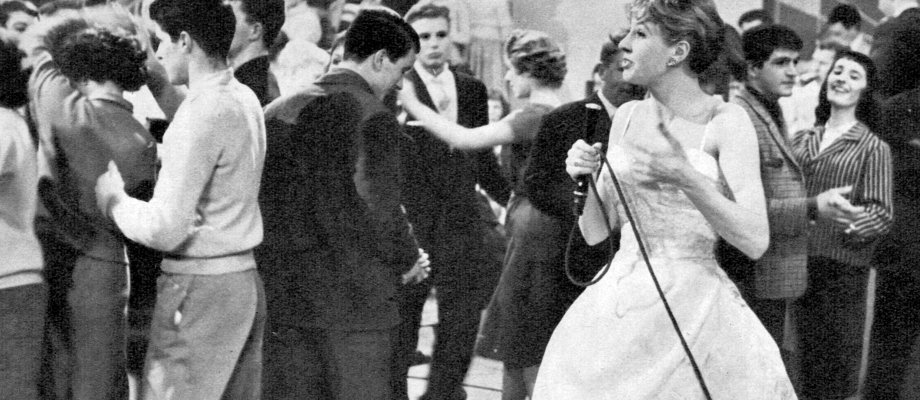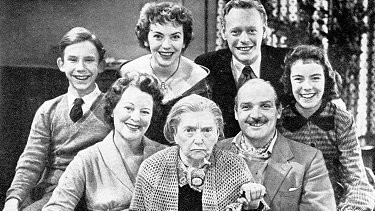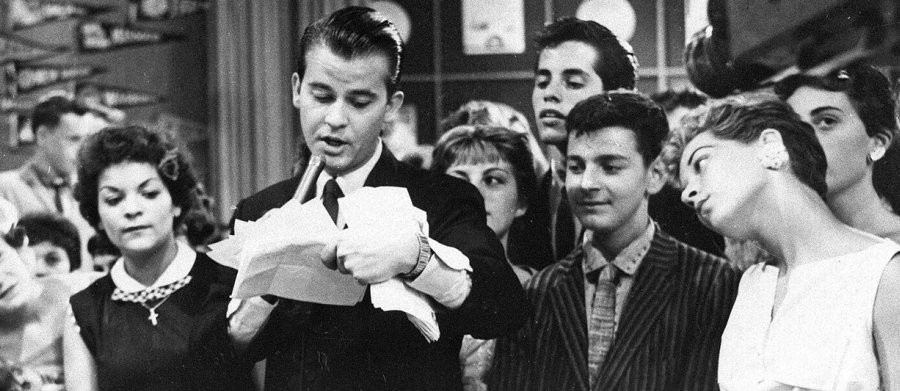
American Bandstand
1952 - United StatesReview - Michael Spadoni
The longest-running music programme in US television history, American Bandstand began in 1952 as Bandstand, a local show on Philadelphia TV station WFIL. Radio disk jockey Bob Horn oversaw kids from Philly schools dancing to the music hits of the day, while a singer or group performed a song or two. Bandstand quickly became a local hit. But Horn was fired from the show in 1956 amid allegations of drunk driving and sexual misconduct with a young girl. Dick Clark, a radio and TV personality at WFIL, was chosen to replace Horn on Bandstand (he had already been a substitute when Horn went on vacation).
On 5 August 1957, the ABC network--which had virtually no daytime programming--decided to air Bandstand live around the country from Philadelphia, for 90 minutes every weekday. The very first song aired on the national programme was Jerry Lee Lewis' Whole Lotta Shakin Goin' On. American Bandstand (as it was renamed) soon became daytime's top-rated programme as millions of kids across the US rushed home after school to check out the latest dances, which dance couples were going steady (or breaking up), and which acts would lip-sync their latest hits.
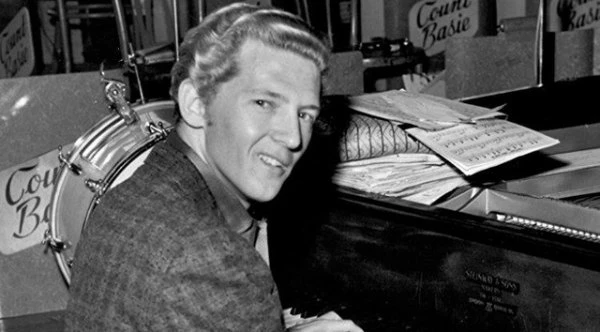
Dick Clark, who was just 26 years old at the time, proved to be the perfect host for the new era of rock and roll. He was conservative in dress and manner (as were the students who appeared on the show every day; nice dresses required for the girls; suits and ties for the boys). Clark was more like an older brother to teens than a parent; Mom and Dad were reassured by Clark's non- threatening persona (even if they didn't like the music he played).
American Bandstand soon became the stop for such major acts as Jerry Lee, and became a showcase for new talent, including Frankie Avalon, Bobby Darin, Connie Francis, Fabian and others. (Two of the biggest hitmakers during the late 50's never appeared on "Bandstand"--Elvis Presley didn't need the show; Rick Nelson was already a TV presence on his family's sitcom The Adventures of Ozzie and Harriet.)
Another popular feature was Rate A Record, with teens giving the latest 45 RPM song a score ranging from 35 to 98. (Not that the teens were always perceptive. In 1963, Clark played a song that was a hit in Europe but was going nowhere in the US at the time. Without exception, the Rate A Record panel gave mediocre scores to She Loves You by The Beatles). As "Bandstand" became popular, Clark started buying record companies and obtaining partial copyrights to over a hundred songs; many of the songs were played on "Bandstand" and Clark's prime-time weekly music showcase 'The Dick Clark Beechnut Show.' The practice was not illegal at the time; critics of rock and roll claimed the producers of rock were paying to get their songs on the air, pushing out so-called "good music." When the "payola" scandal hit in late 1959, Clark denied playing records for money. ABC ordered Clark to sell off his interests in the record firms and songs if he wanted to stay on the network. That's what he did. Still, he was summoned to appear before a Congressional committee investigating payola; the questioning left him a bit shaken, but no wrongdoing was uncovered, and his career was not affected.
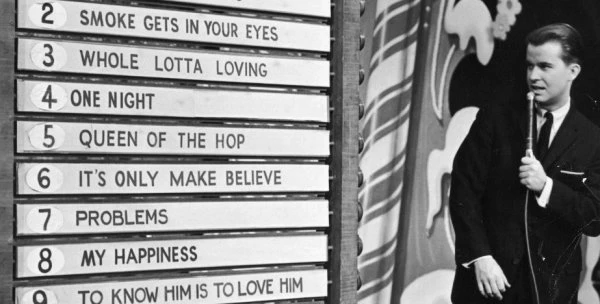
By the early 1960's, the music industry was changing. Philadelphia was no longer the centre of the pop music universe; fresh new sounds were coming from New York's Brill Building (thanks to producers such as Phil Spector and such songwriters as Carole King and Neil Sedaka). New and serious artists such as Bob Dylan were becoming a force. On the West Coast, The Beach Boys and "surf music" were gaining a foothold. By 1964, The Beatles and the British Invasion began dominating the US charts.
After ABC moved "Bandstand" from weekdays to Saturdays, turning it into a weekly hour-long show, Clark moved "Bandstand" from Philadelphia to Hollywood. He remained a constant during the eras of acid rock in the late 60's; the early 1970's and soft rock; disco and punk in the late 70's; and New Wave in the early 1980's. But the ratings declined, and "Bandstand" was no longer the barometer of teenage taste as it had been in the late 1950's and early 1960's. In 1987, ABC finally cancelled American Bandstand after Clark refused to cut the hour-long show by 30-minutes. He then took the show into syndication, where local stations aired it for about a year and a half.
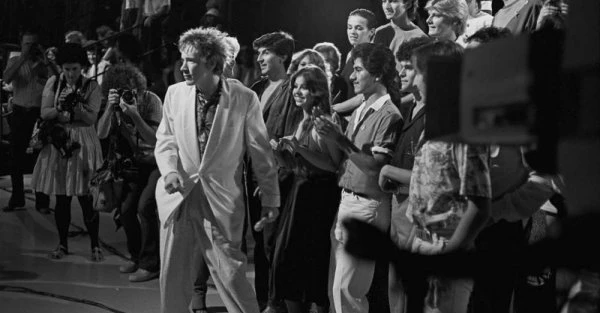
1989 he brought "Bandstand" back to network television--in this case, cable's USA Network. Clark still produced the show, but 26-year old David Hirsch became the show's new host. The USA version lasted only a year, and its cancellation marked the end of what could only be described as an American institution.
American Bandstand made the youthful looking Clark a household name (and earned him the unofficial nickname of "The World's Oldest Living Teenager"). Clark also ran a very successful production company, creating the annual American Music Awards and producing various other awards programmes. He also had success with ‘TV Bloopers & Practical Jokes’ and the various Bloopers and‘Television's Greatest Commercials’ specials that began airing in the 1980's; Clark's production firm also came up with such game shows such as ‘Greed’ and ‘The Chamber’. In 1993, Clark's contributions to American popular music were recognized when he was inducted into the Rock and Roll Hall of Fame.
Seen this show? How do you rate it?
Seen this show? How do you rate it?
Published on October 18th, 2020. Written by Michael Spadoni for Television Heaven.


